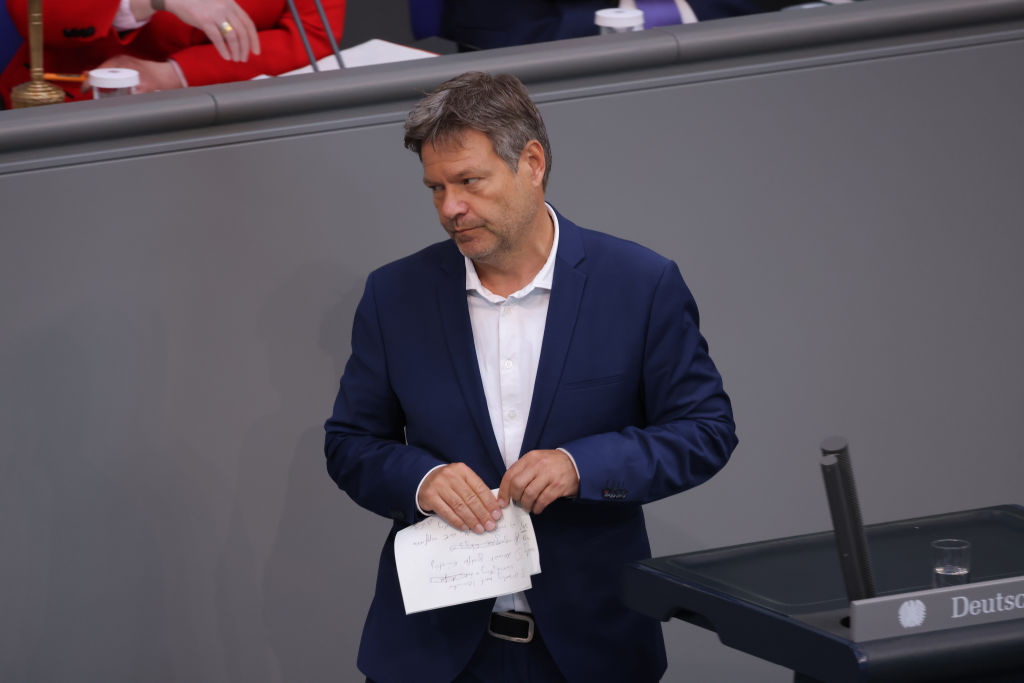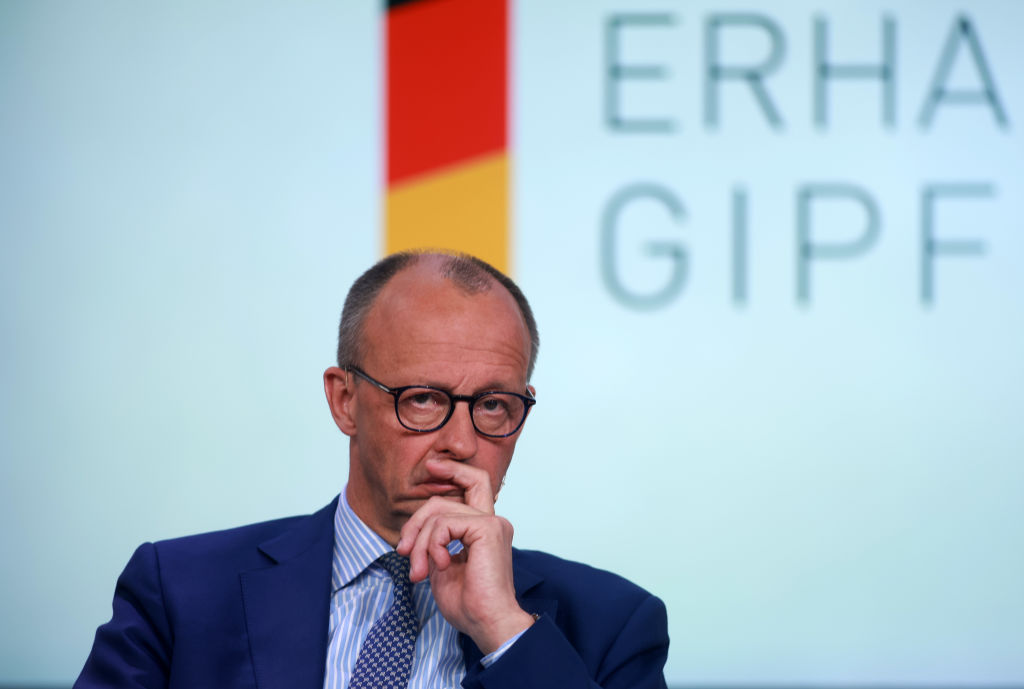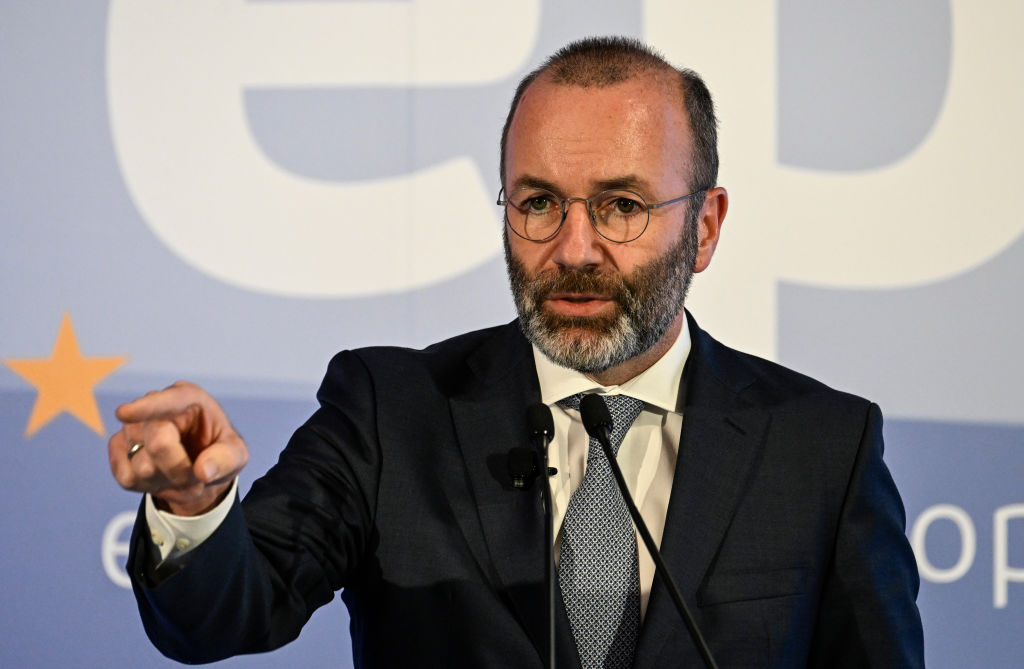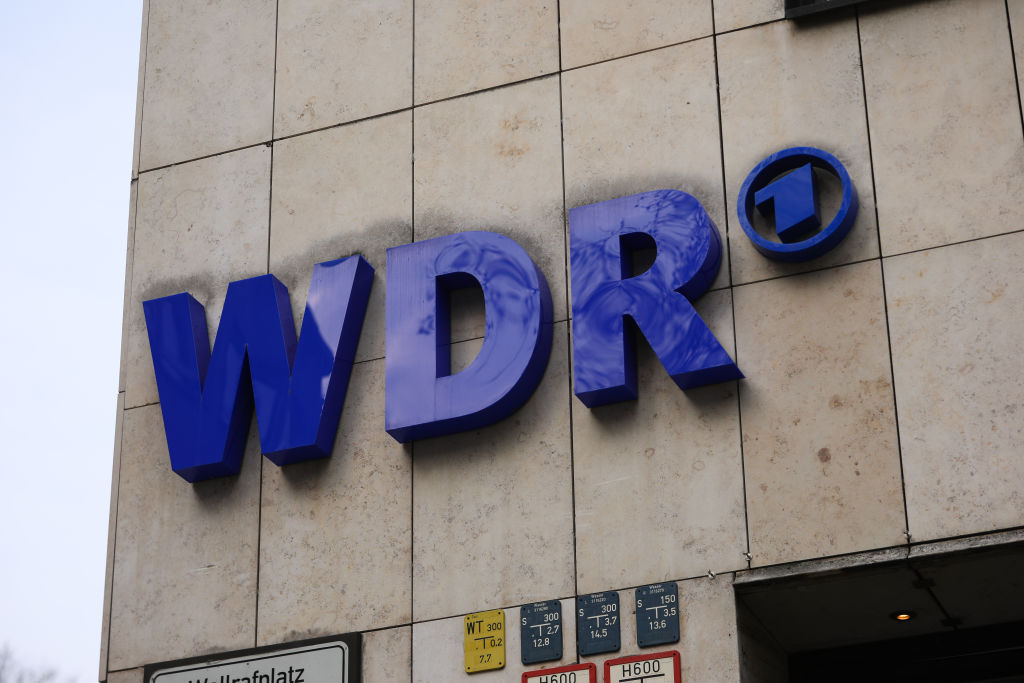The leader of Germany’s ruling Social Democratic Party (SPD) in North Rhine-Westphalia has denied he has links to a radical Turkish paramilitary organisation.
Marc Herter, who also serves as the Mayor of Hamm, has been forced to deny being involved with the Grey Wolves, a right-wing Turkish nationalist organisation described as being “fascist” by some groups.
According to a report by German tabloid Bild, Herter has come under fire in Germany after attending a birthday party for one member of the organisation.
“It is absurd to assume that I am close to Turkish right-wing extremism,” he told the newspaper. “The story is far-fetched. There is no closeness between me and the Grey Wolves.”
Herter admitted that he did attend the birthday party but said he had little knowledge of the host’s political views, just that he was “a freelance journalist who reports on mosque celebrations”.
He added: “I cannot and will not engage in ‘sentiment snooping’ before meeting or speaking to anyone.”
Herter’s protestations have left some unconvinced. His Christian Democratic Union (CDU) counterpart Gregor Golland lambasted him for attending the celebrations.
“Marc Herter is the most important SPD representative in North Rhine-Westphalia,” Golland said. “Such ignorance and lack of distance on the part of a political professional towards right-wing extremists is a scandal that must have political and personal consequences.”
Golland also criticised Herter for failing to uphold the so-called political “firewall” against the hard-right in Germany by attending the party.
The firewall has been the front and centre of German politics over the past few weeks due to the growing popularity of another right-wing party, Alternative für Deutschland (AfD).
Despite being seen as too right-wing for German politics, mainstream groups are now under pressure to drop their ‘cordain sanitaire’ against the AfD due to it now being the second-most popular party in Germany.
Both of the country’s centre-right outfits, the CDU and the Free Democratic Party, have had members call for limited cooperation with the AfD to begin at the level of local politics, although this has been fiercely resisted by politicians at the federal level.
Despite that, such cooperation is said to already be in place in many towns and villages. The German Greens were recently forced to reprimand one local chapter for supporting an AfD amendment to boost state funding for a theatre in their town.





